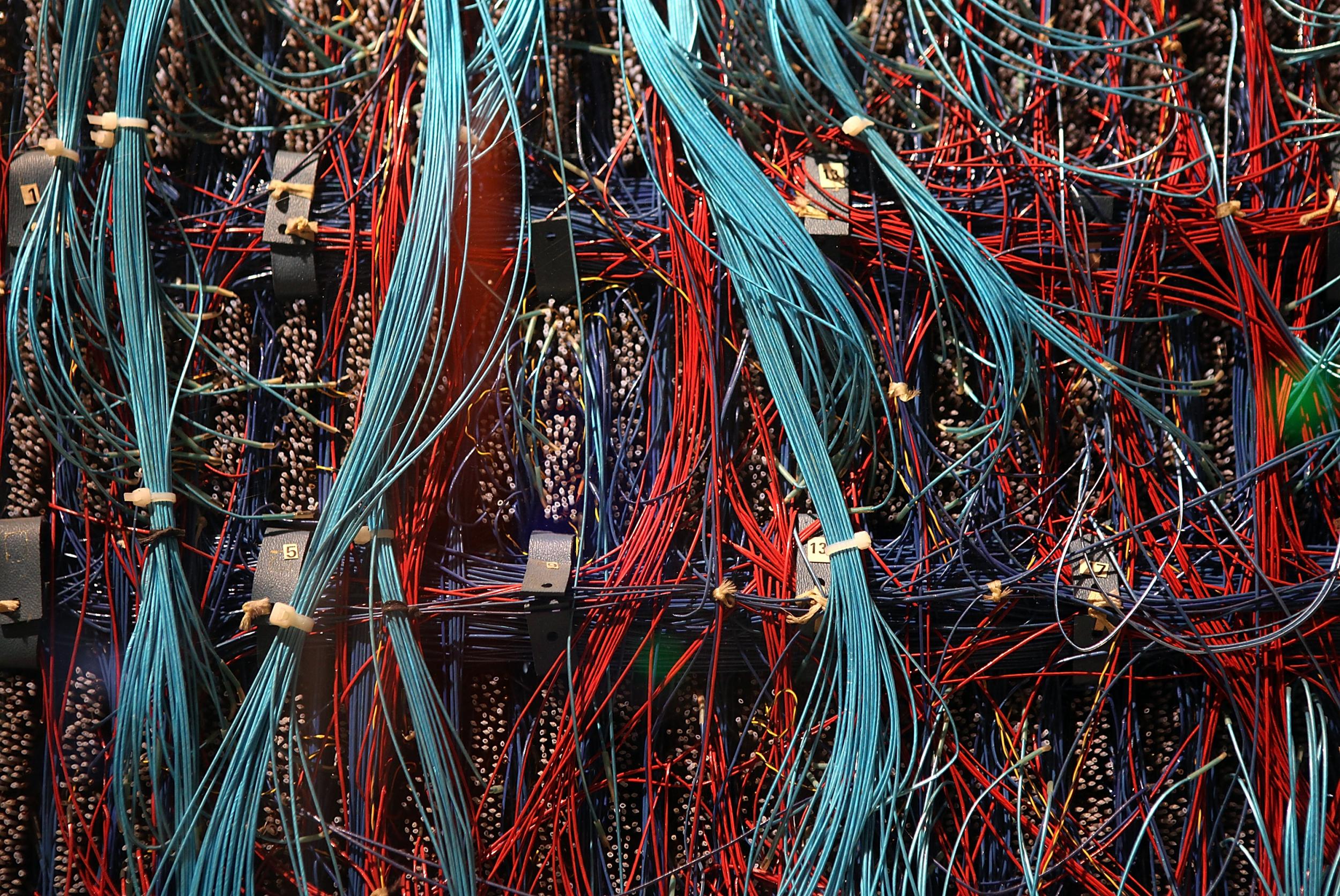Google announces success with experimental quantum computer that is 100 million times faster than a PC
By taking advantage of the strange laws of quantum physics, Google claims its new computer can solve problems millions of times faster than normal computers

After a number of failures at cracking quantum computing, Google has finally announced that its D-Wave X2 supercomputer has seen success, in a test that revaled it was 100 million times faster than a traditional desktop computer.
Google's artificial intelligence lab announced in 2013 that they would be collaborating on a quantum computer with Nasa in 2013.
Previous tests have failed to show a performance advantage over regular computers, but in an experiment in which the computer was given a "carefully crafted proof-of-concept problem", in the words of Google engineering director Hartmut Neven, the computer achieved a 100-million-fold speed-up compared to the time it would take a typical computer to answer the problem.
This successful test has shown that the computer can answer certain algorithms in seconds, rather than years.
Quantum computers work by taking advantage of the bizarre and incredibly complex qualities of quantum physics.
Regular computers encode data into bits through the use of transistors, which can only be in one of two definite states, 0 or 1.
Transistors are microscopically tiny, and by packing millions of them together in chips, complex calculations can be made, running the computer programs we use every day.
Thanks to advances in technology, these transistors are becoming smaller and smaller. But as they reduce to an atomic scale, a theoretical limit on size approaches, and the on-off function of transistors begins to by compromised by the unusual laws of quantum mechanics - potentially creating a roadblock for computer technology.
Quantum computers use quantum bits (qubits) rather than bits. On the tiny quantum scale, these qubits can exist in a 'superposition' of either 0 or 1 simultaneously.
Using complex techniques to manipulate qubits, scientists can take advantage of these superpositions and essentially conduct a number of different calculations at once, using the same particles.
It's complicated and hard to follow, which explains why it hasn't been achieved until now. Google has never been able to prove that their computer has actually tapped into the quantum realm to conduct its calculations, but now they have.
However, there is a catch - the breakthrough was made using one particular problem that was designed to be easy for the D-Wave to solve.
Neven admitted in a blogpost announcing the breakthrough that some non-quantum algorithms could beat the D-Wave in speed, but added "those methods will soon become ineffective" as quantum hardware improves.
Quantum computing is a long way off from becoming easy, but as Nasa exploration director Rupak Biswas said, "It is a truly disruptive technology that could change how we do everything."
Subscribe to Independent Premium to bookmark this article
Want to bookmark your favourite articles and stories to read or reference later? Start your Independent Premium subscription today.

Join our commenting forum
Join thought-provoking conversations, follow other Independent readers and see their replies